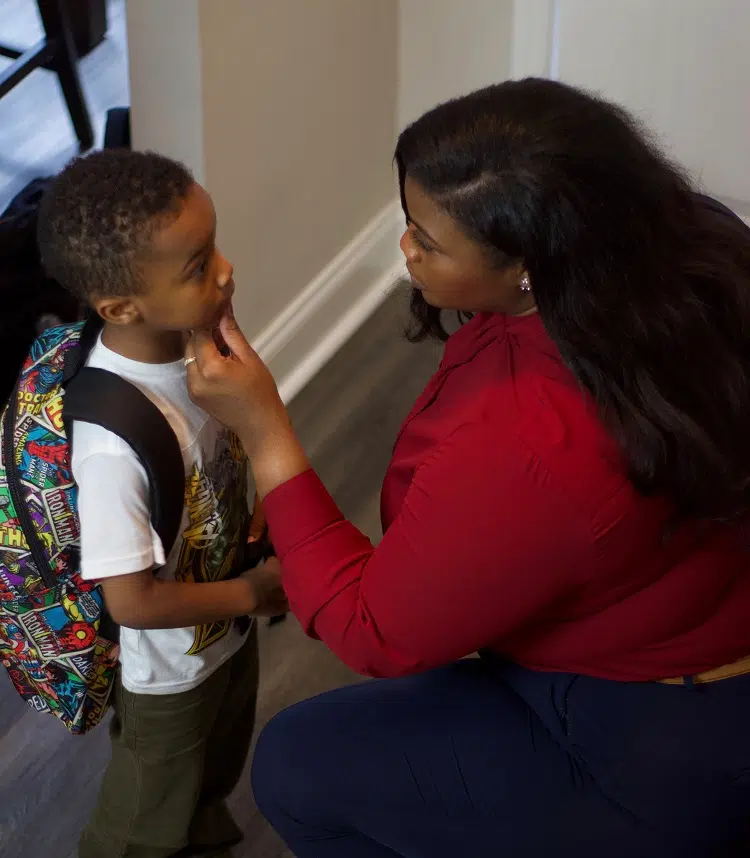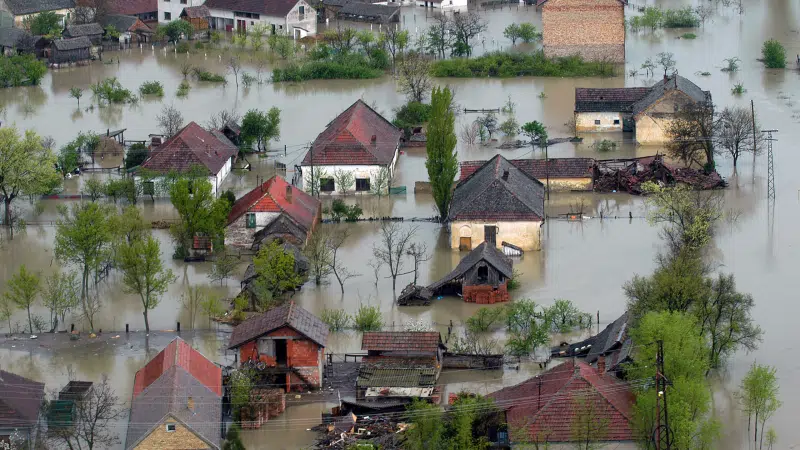
A few weeks ago, I saw a meme that said “Penis & Vagina are not bad words. Teaching your children the proper names for their body parts helps protect them.” This meme quickly became controversial because so many people were uncomfortable with the thought of telling their toddlers to no longer refer to their genitals as “peanuts”, “peters”, “cookies”, “tah-tahs” or another weird term.
Of course, I chimed in on this conversation because I have always taught my son that “penis” is the appropriate name for his genital area. This is simple biology and I refuse to have my young man saying “wee-wee”, “Peter”, or “weenie”. I do not care how uncomfortable these words make someone if it’s going to protect my child in the long run.
Did you know children are most likely to be victims of child sexual abuse between the ages of 7 and 13? Did you also know that 20% of girls are likely to experience sexual assault before the age of 18 and approximately 5 – 10% of boys before the age of 18 (self-reported)?
My friends and I had a really intimate discussion about our childhood a few weeks ago. We all discussed our darkest moments and child sexual abuse became a prominent factor. I learned that me and almost all of my friends experienced child sexual abuse between the ages of 7 and 15. Both men and women admitted to this horrible truth.
We each expressed how we didn’t know how to communicate. We didn’t understand what those individuals were doing to us. We didn’t know who to tell. And yet in our late 20s and early 30s we shared it as if it was just a normal part of life.
I refuse to let my son, who is now 7 years old, experience this. God forbid, but if abuse was to happen to him, I want him to be able to communicate it to me. I want him to trust that I will act on his word. I want him to find comfort in knowing that his parents will fix the situation.
We have to stop letting uncomfortable words and taboo topics be the reason our children experience trauma. There are stories after stories in the news of children begging for help when they were being sexually abused but they were not educated on the proper term to use which led to delays of help being activated. We need to empower our children with the right knowledge. I do not want my son or anyone’s child to have the same conversation that I had with my friends at the age of 28 about their connections with childhood trauma involving sexual abuse.
As I stated in a previous blog post about the Birds & the Bees Convo, using terms like “wee-wee” or “pee-pee” or any other made up phrases to call a genital area has been shown to be inappropriate and really ineffective. When we laugh and use inaccurate terminology to describe anatomy with our little ones, it really creates a concept that this is something more than a standard body part. It adds mystification to anatomy which is why classes are full of immature giggles in middle school reproductive science. We don’t laugh or make up names when we talk about bones or brains and I find those body parts to be even more valuable. So why do we add this sense of immaturity and disorientation to reproductive health? Empowering your child with accurate terms for the genital areas will allow them to speak openly about their body, any medical issues they may experience, and accurately describe an inappropriate incident such as sexual abuse.
All parents should provide their children with the tools to protect themselves from adverse events like abuse. I have provided some research below on how to identify signs of abuse and steps you can take to protect your children. However, first and foremost, let’s get comfortable with teaching our little ones the appropriate terms so they can protect themselves as well as articulate if something happens.
What are the signs that a child is being sexually abused?
Children often don’t talk about sexual abuse because they think it is their fault or they have been convinced by their abuser that it is normal or a “special secret”. Children may also be bribed or threatened by their abuser or told they won’t be believed. A child who is being sexually abused may care for their abuser and worry about getting them into trouble.
Here are some of the signs you may notice:
Changes in behavior – a child may start being aggressive, withdrawn, clingy, have difficulties sleeping or start wetting the bed.
Avoiding the abuser – the child may dislike or seem afraid of a particular person and try to avoid spending time alone with them.
Sexually inappropriate behavior – children who have been abused may behave in sexually inappropriate ways or use sexually explicit language.
Physical problems – the child may develop health problems, including soreness in the genital and anal areas or sexually transmitted infections, or they may become pregnant.
Problems at school – an abused child may have difficulty concentrating and learning, and their grades may start to drop.
Giving clues – children may also drop hints and clues that the abuse is happening without revealing it outright.
How do I report child sexual abuse?
It’s best not to delay if you suspect a child is being sexually abused. You can talk directly to the police or your local children’s social services and this can be anonymous.
 Read more of Georgina’s contributions to allmomdoes here.
Read more of Georgina’s contributions to allmomdoes here.
















